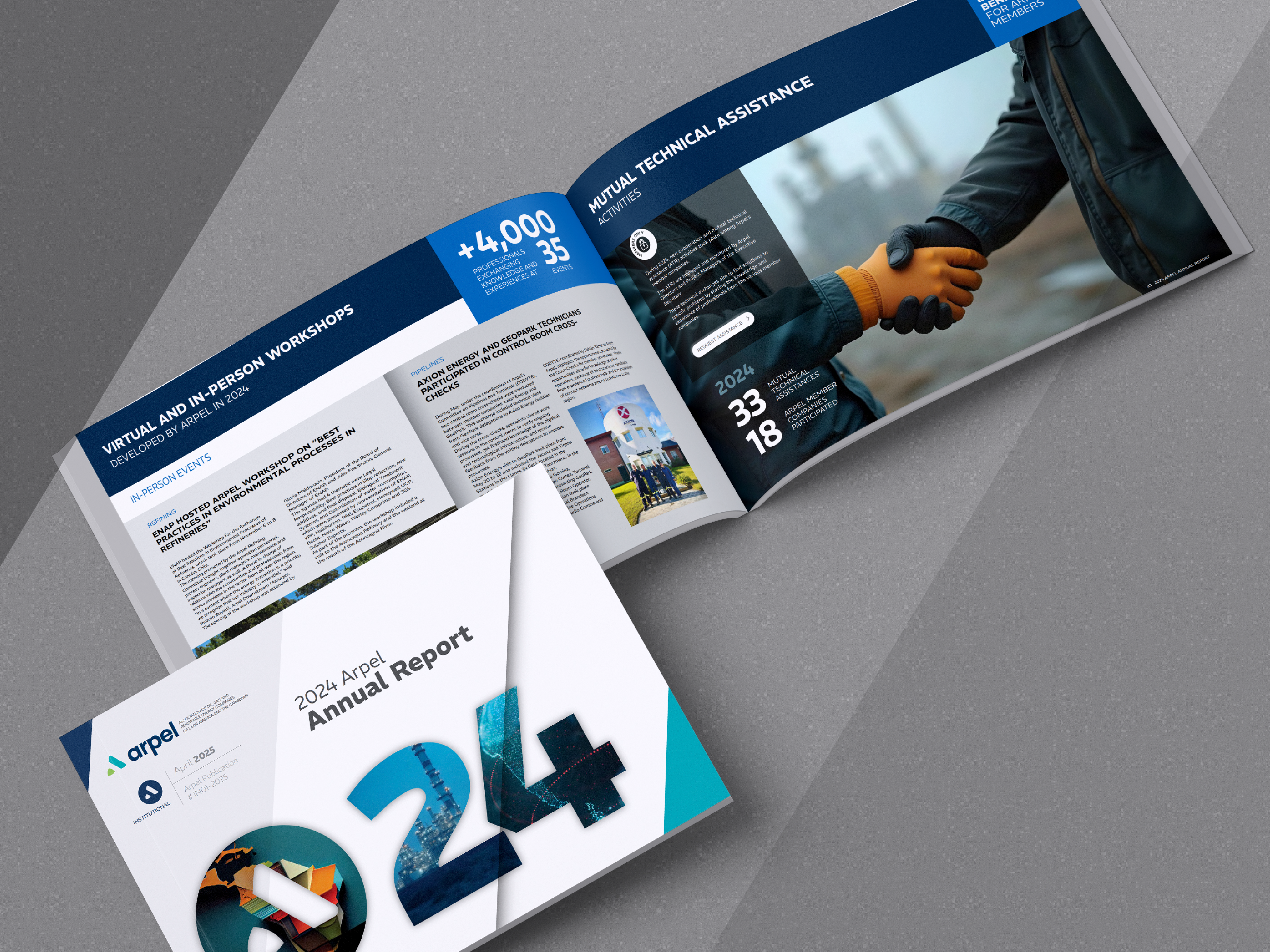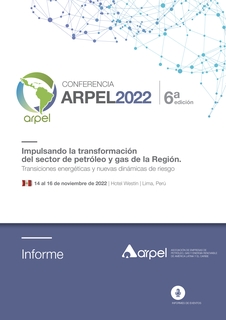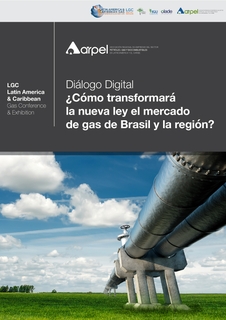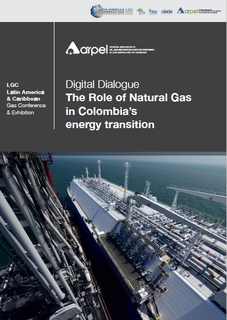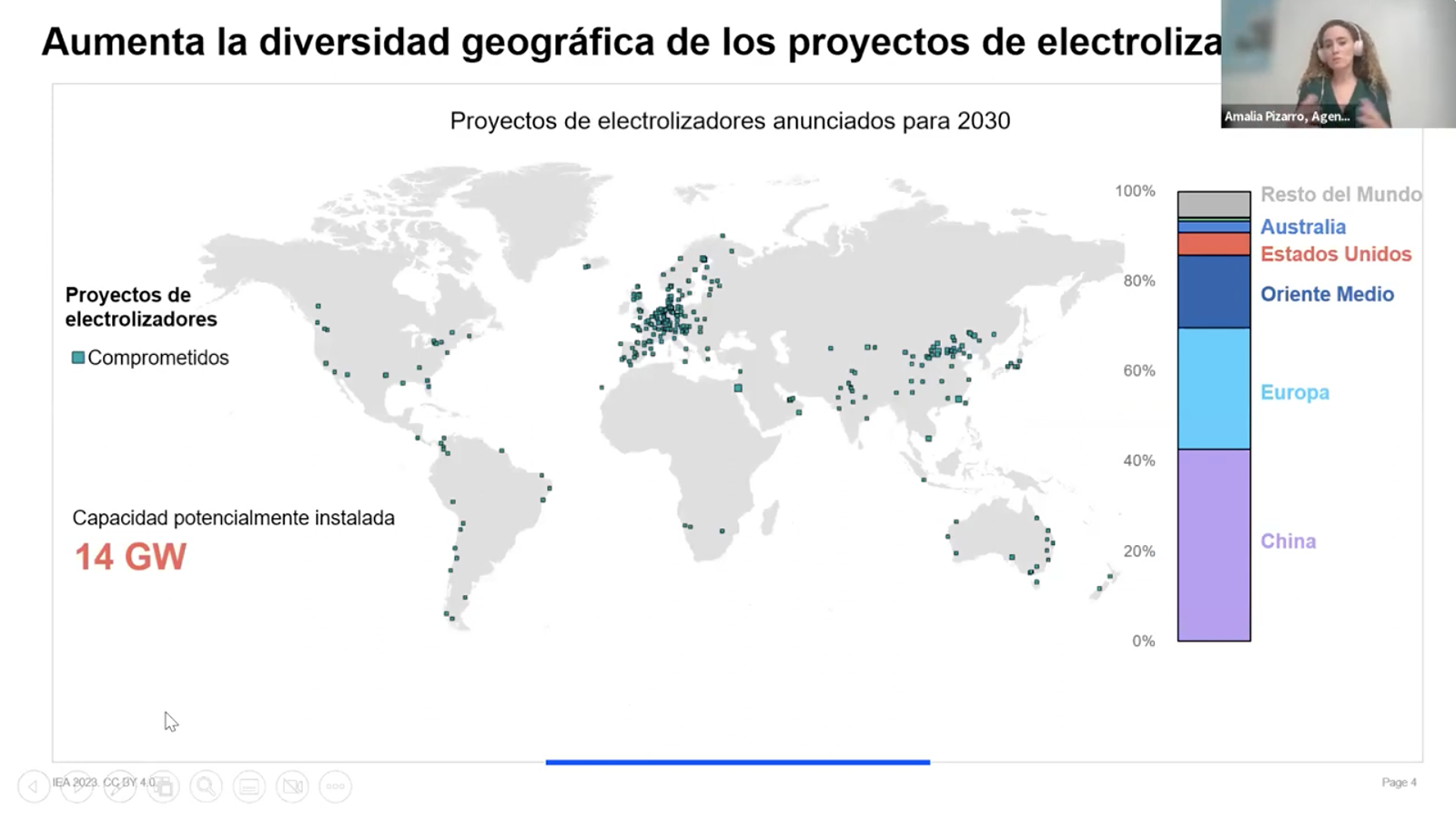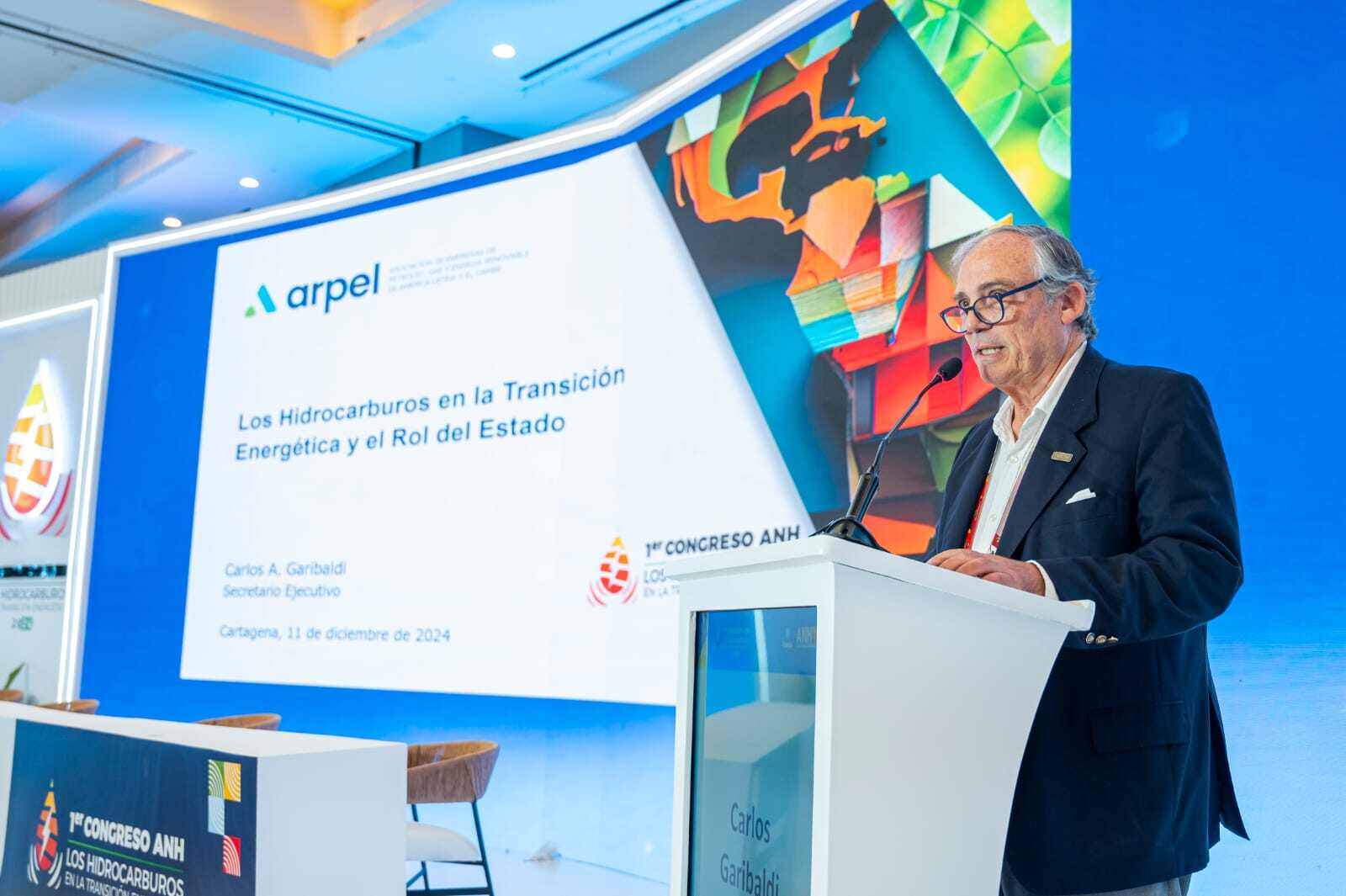
Carlos Garibaldi, Executive Secretary of Arpel, gave a notable conference within the framework of the first edition of the Congress of the National Hydrocarbons Agency (ANH) of Colombia on "Hydrocarbons in the energy transition and the role of the State."
During his presentation, Garibaldi highlighted that complex and multidimensional systems such as Energy-Socioeconomic Development-Climate do not respond well to simplistic or reductionist solutions. He cited as an example the restrictions on access to capital or the discriminatory increase in tax burdens on the hydrocarbon sector, which discourage necessary investments and threaten energy security.
He also noted that “with capital restrictions for exploration and production, and competition from renewable sources and hydrocarbons from other regions, oil-producing countries in Latin America and the Caribbean that are less prospective than Brazil, Guyana, and Suriname must become more attractive to ensure their energy security and sovereignty, and take advantage of exportable balances.”
Finally, about the role of the State as a catalyst, Garibaldi maintained that it is necessary to offer an attractive ecosystem for investments, which translates into: State policies (not just government), rationality, contractual and regulatory clarity and predictability, tax, customs, exchange and regulatory stability, governability, independence of powers, legal and personal security, and transparency.
The event organizers highlighted that the purpose of this meeting was to analyze the role of the hydrocarbon industry within the framework of the just and secure energy transition that is fundamental for Colombia. As well as its contribution to the diversification of the energy matrix, to achieve a progressive decarbonization of productive industries, and in this way, continuing to contribute to the improvement of the quality of life of the world community and the mitigation of greenhouse gases.
The ANH Congress was attended by national and international experts, leaders, representatives, and delegates from government and private institutions, academia, and unions.

